It seems people spend a lot of time looking for loopholes. We can be like the legal expert whose question prompts Jesus’ parable of the Good Samaritan: “But wanting to vindicate himself, he asked Jesus, ‘And who is my neighbor?’” (Luke 10:29 NRSV). In Job's section on “Do Good,” he observes that we often attempt to excuse ourselves from doing good by labeling people “unworthy” of help, but we must remember Jesus included even the hated Samaritans in His parable.
Our common reasons for not living out the three rules are useful in self-examination to see why a rule might not be followed consistently. For example, if I struggle to “do no harm,” perhaps it’s because I do not have enough self-discipline or fear looking weak if I speak more gently and reasonably? If I struggle to “Do good,” might I fear losing some of my money, possessions, or time? American society is based largely on competition and individual rights, so people often hesitate to do anything that might put them at a social of financial disadvantage.
Most important is the key to putting the three simple rules into practice: acknowledgement that “without the third rule (Stay in love with God), the first two become increasingly impossible. … We practice the rules, but God sends the power that enables us to keep them.” Did you arrange the book this way—starting with rules that are simple but not easy to practice—to help us see that under our own power sustaining our practice of the first two rules would be impossible? It’s not about learning rules, scripture, theology, or ideology. It’s not about other people (even pastors) telling us what is good or harmful—it’s about God asking us to obey Him as we develop a deeper relationship with Him—as we endeavor to stay in love with Him.
Since spiritual disciplines are key to helping us “stay in love with God,” that’s the main avenue I will use to introduce Job's concepts to my congregation. It’s also the best way that I have found to put these rules into practice. Recently, our congregation has been focusing on one of the most important reasons for spiritual disciplines: “it is in these practices that we learn to hear and respond to God’s direction.” Our church’s “breakthrough prayer” contains the line “open our hearts, eyes, and minds to You.”
While we are blessed with a congregation that generally does well seeking to do no harm and to do good, we cannot assume will continue to do so without being intentional in also seeking to stay in love with God.
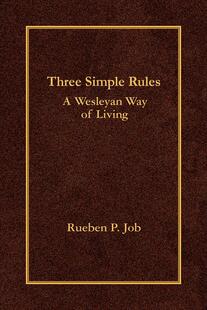







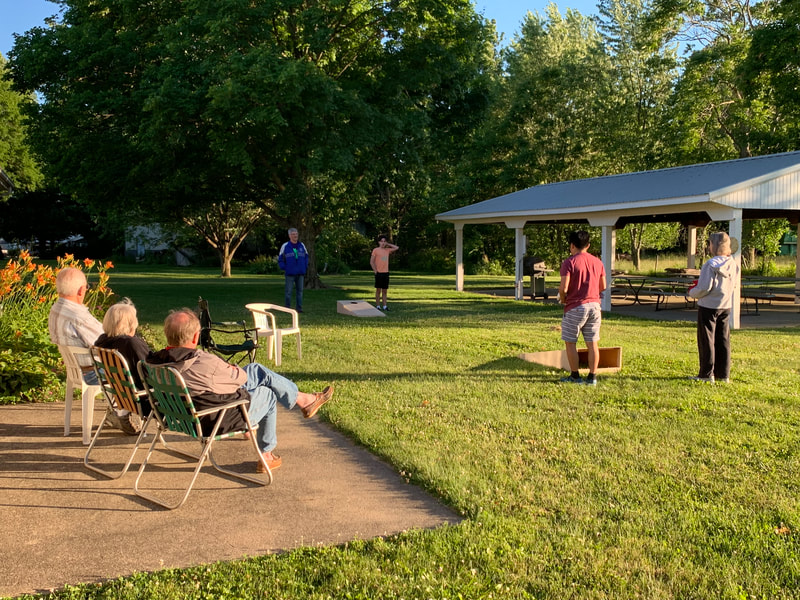









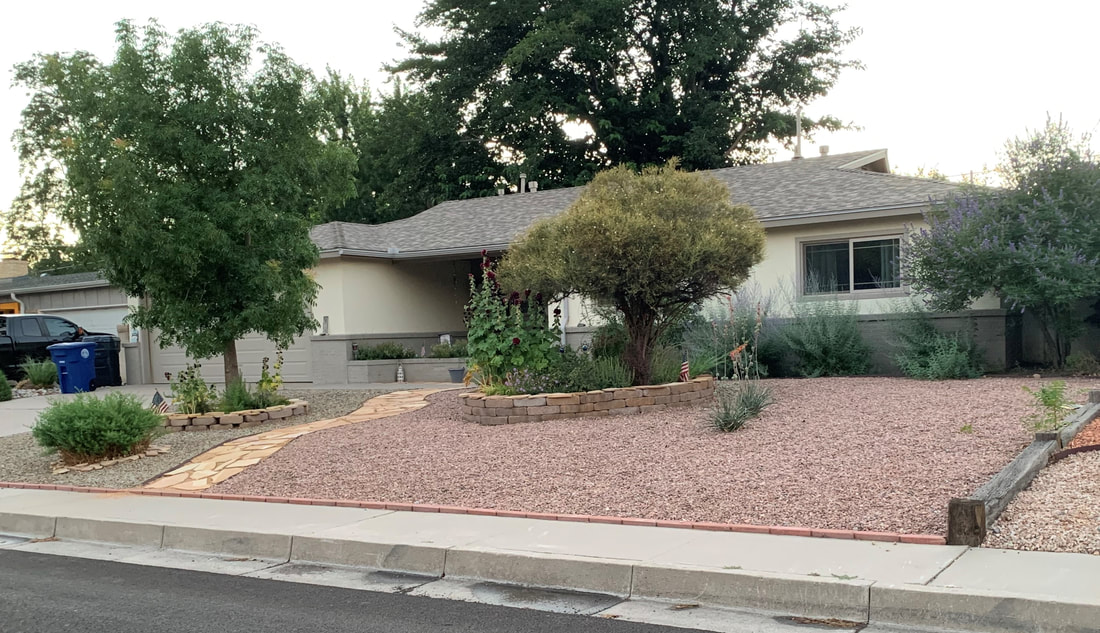



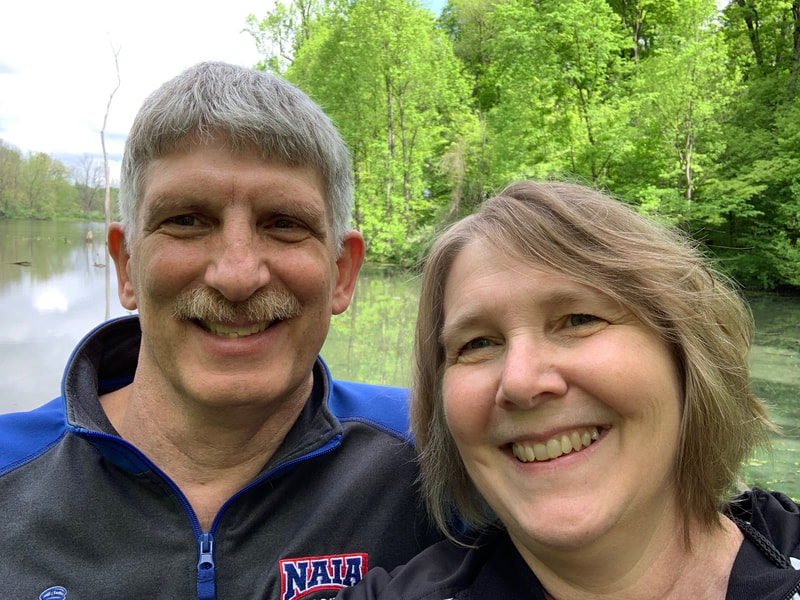

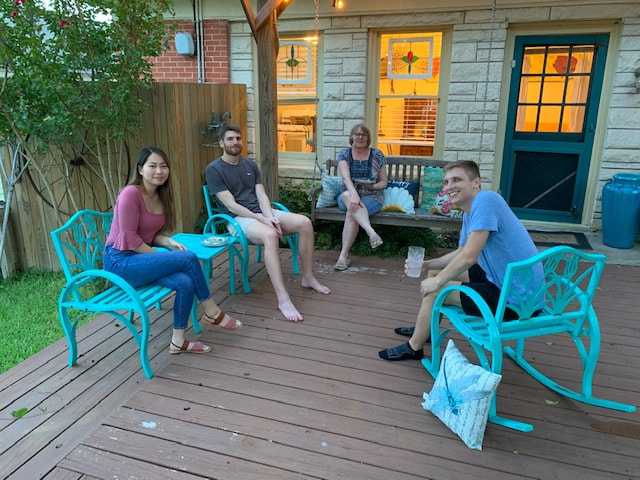
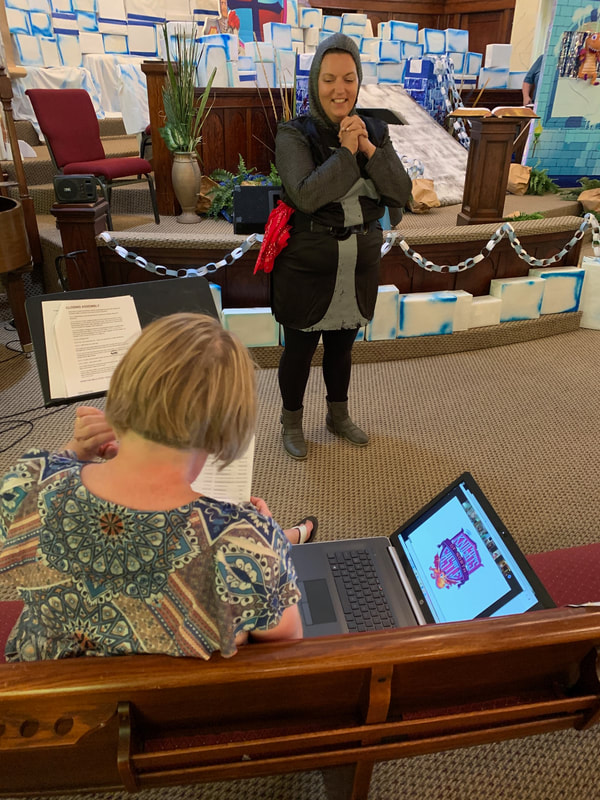



 RSS Feed
RSS Feed